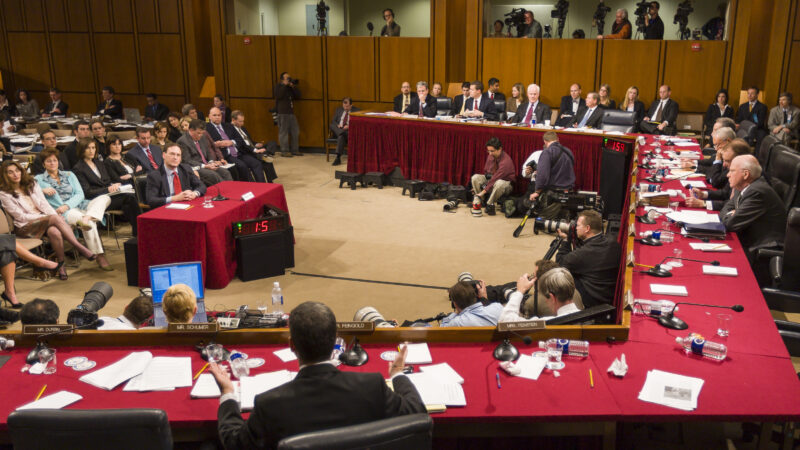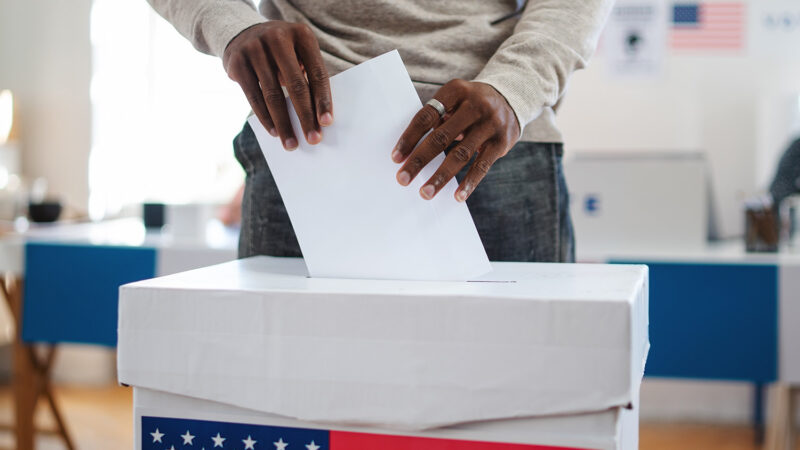The Independent State Legislature Theory Should Horrify Supreme Court’s Originalists
- June 30, 2022
This piece was originally published by Just Security, here.
This morning, the Supreme Court decided to hear Moore v. Harper, a challenge to the congressional maps in North Carolina that has the potential to upend over 200 years of election law. In Moore, members of the state legislature are urging the Supreme Court to reinstate the map they drew – and that North Carolina courts struck down as unconstitutional and redrew – using what is known as the “independent state legislature” theory (or ISL). That theory claims that the federal Constitution gives state legislatures the power to regulate federal elections without checks from other state officials or constraints from the state’s constitution. Though Moore concerns congressional redistricting, the ISL theory reaches far further and would have sweeping and dangerous implications for most aspects of federal elections.
In 2020, Justices Clarence Thomas, Samuel Alito, Neil Gorsuch and, at times, Brett Kavanaugh all indicated that they would have adopted the theory and its vast consequences on the emergency docket. These justices are all part of the Court’s “originalist” faction. Originalists, like these four justices and Justice Amy Coney Barrett, contend that constitutional provisions mean what they meant to the public that adopted them. As Justice Barrett has explained, originalists “care about what people understood words to mean at the time that the law was enacted because those people had the authority to make law.”
Read the full article at Just Security.
Related Content
Join Us.
Building a stronger, more resilient democracy is possible, but we can’t do it alone. Become part of the fight today.
Donate
Sign Up for Updates Sign Up for Updates
Explore Careers Explore Careers
How to Protect Democracy How to Protect Democracy



